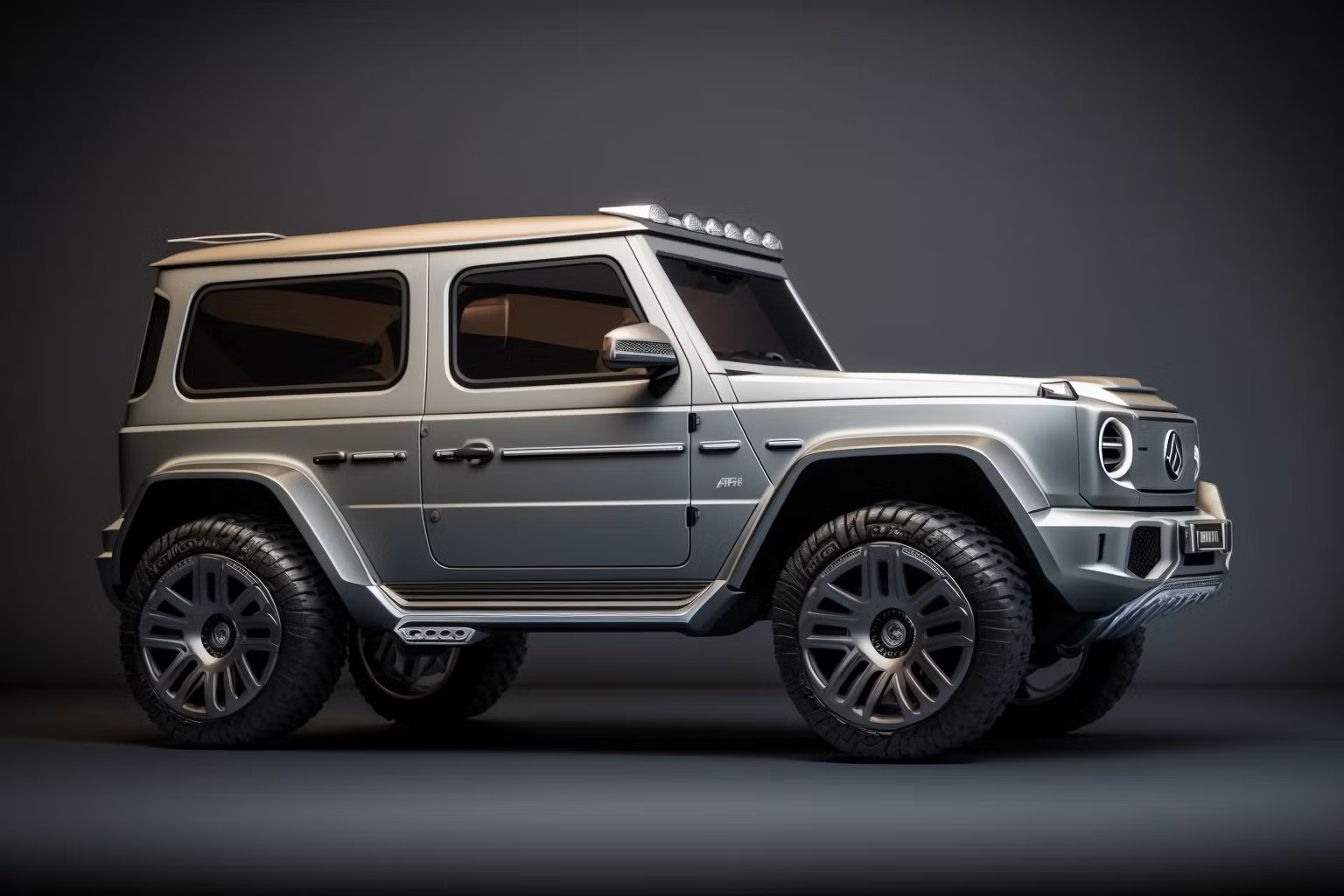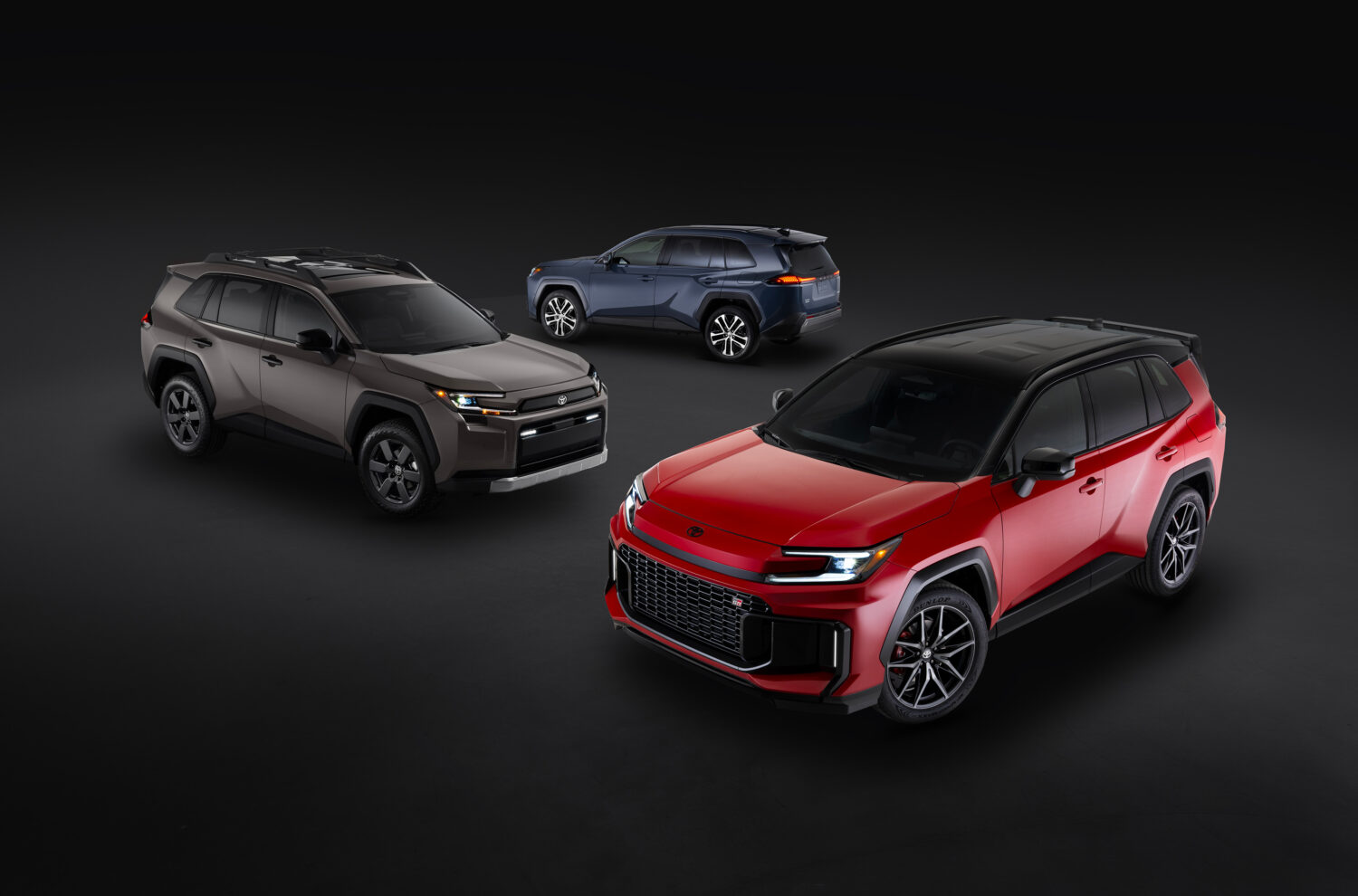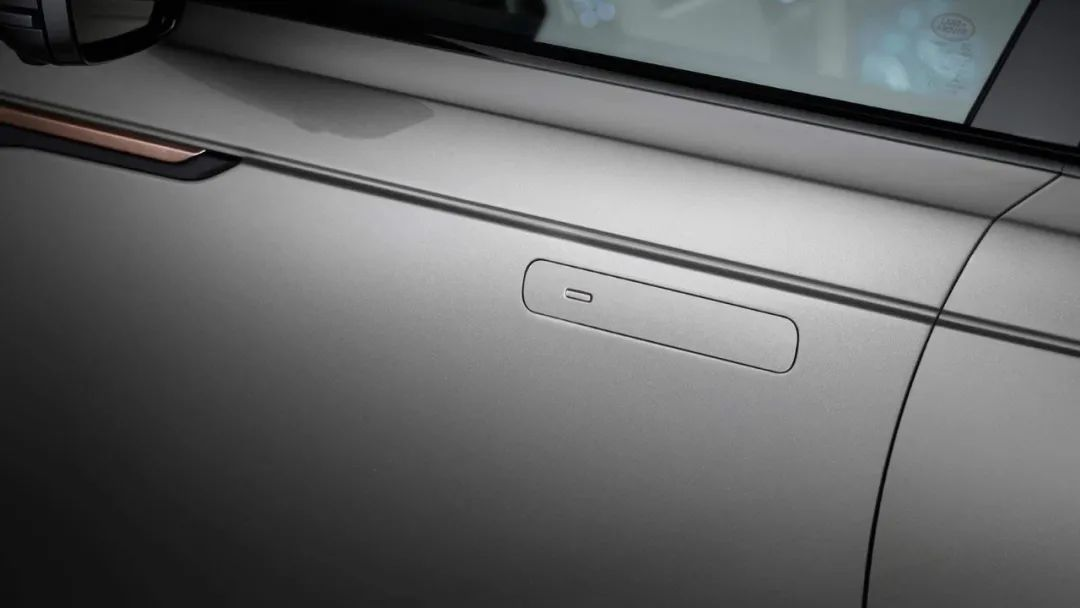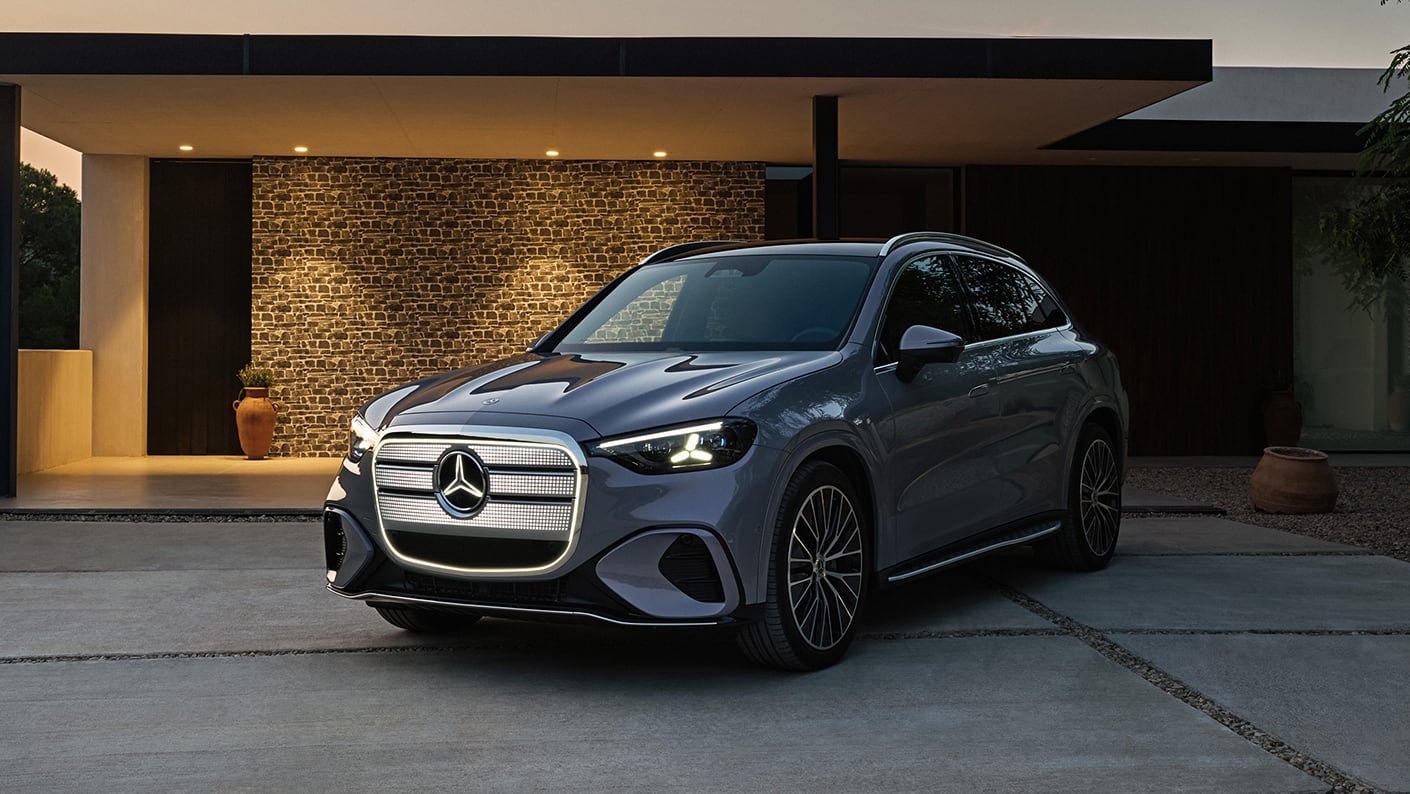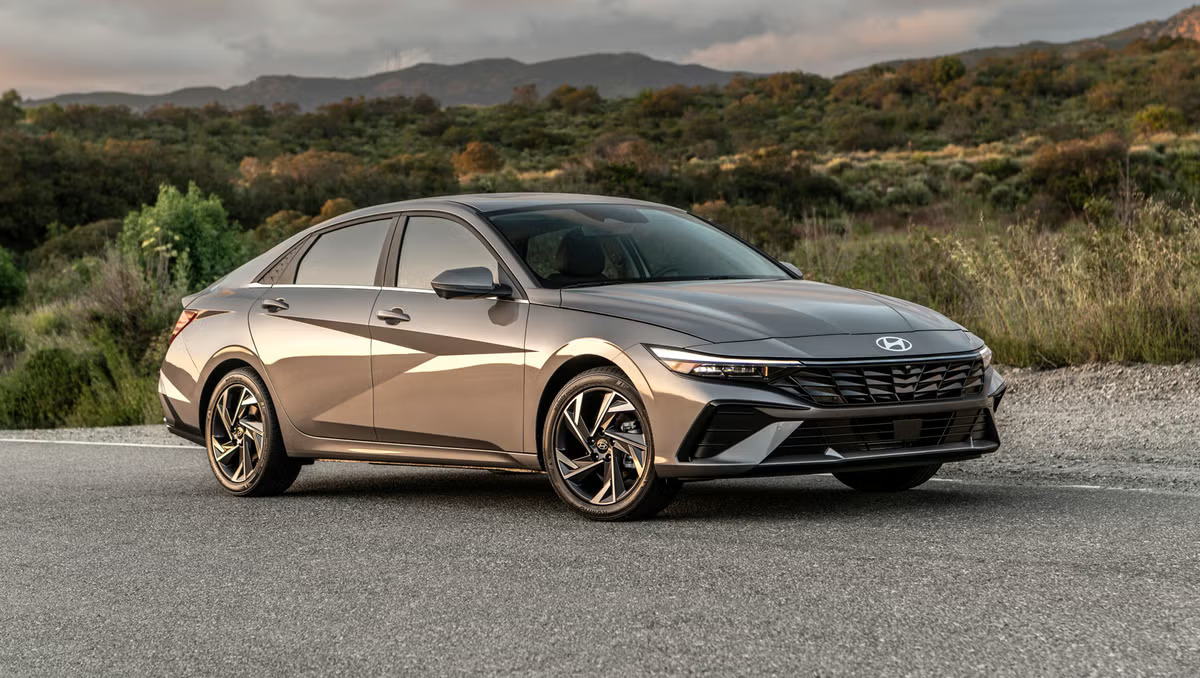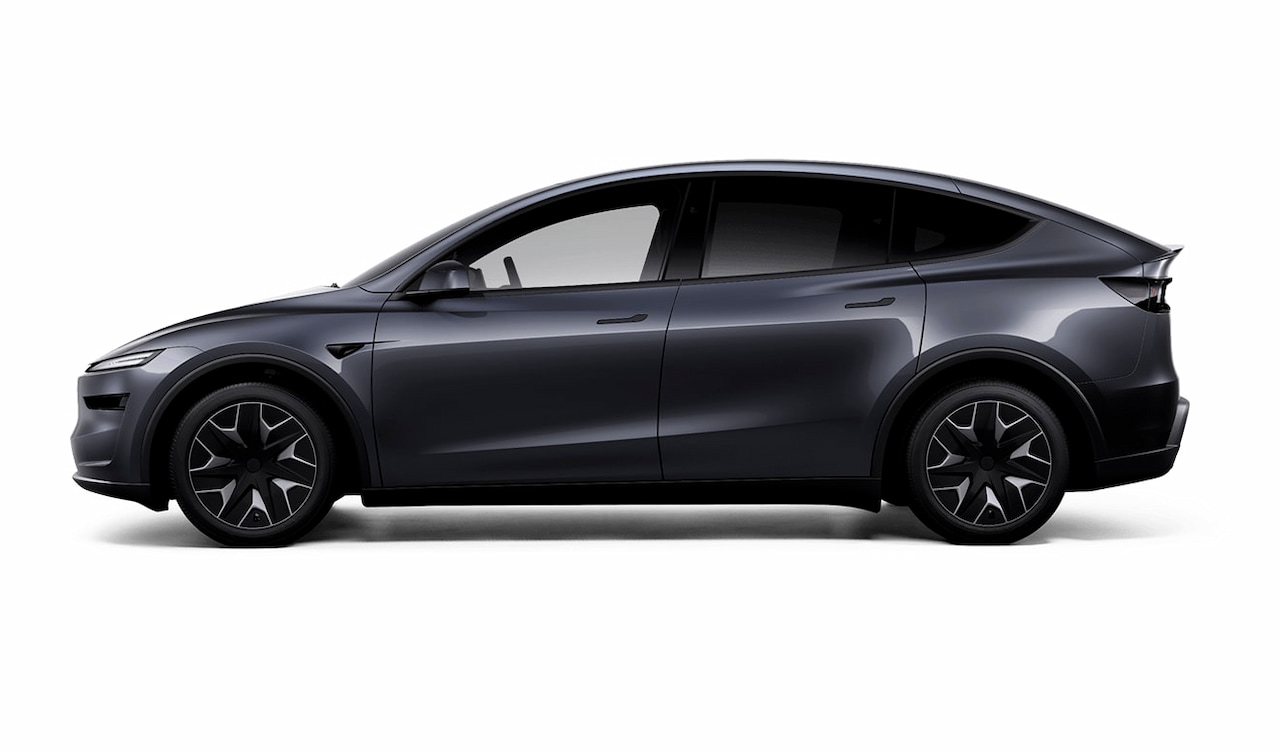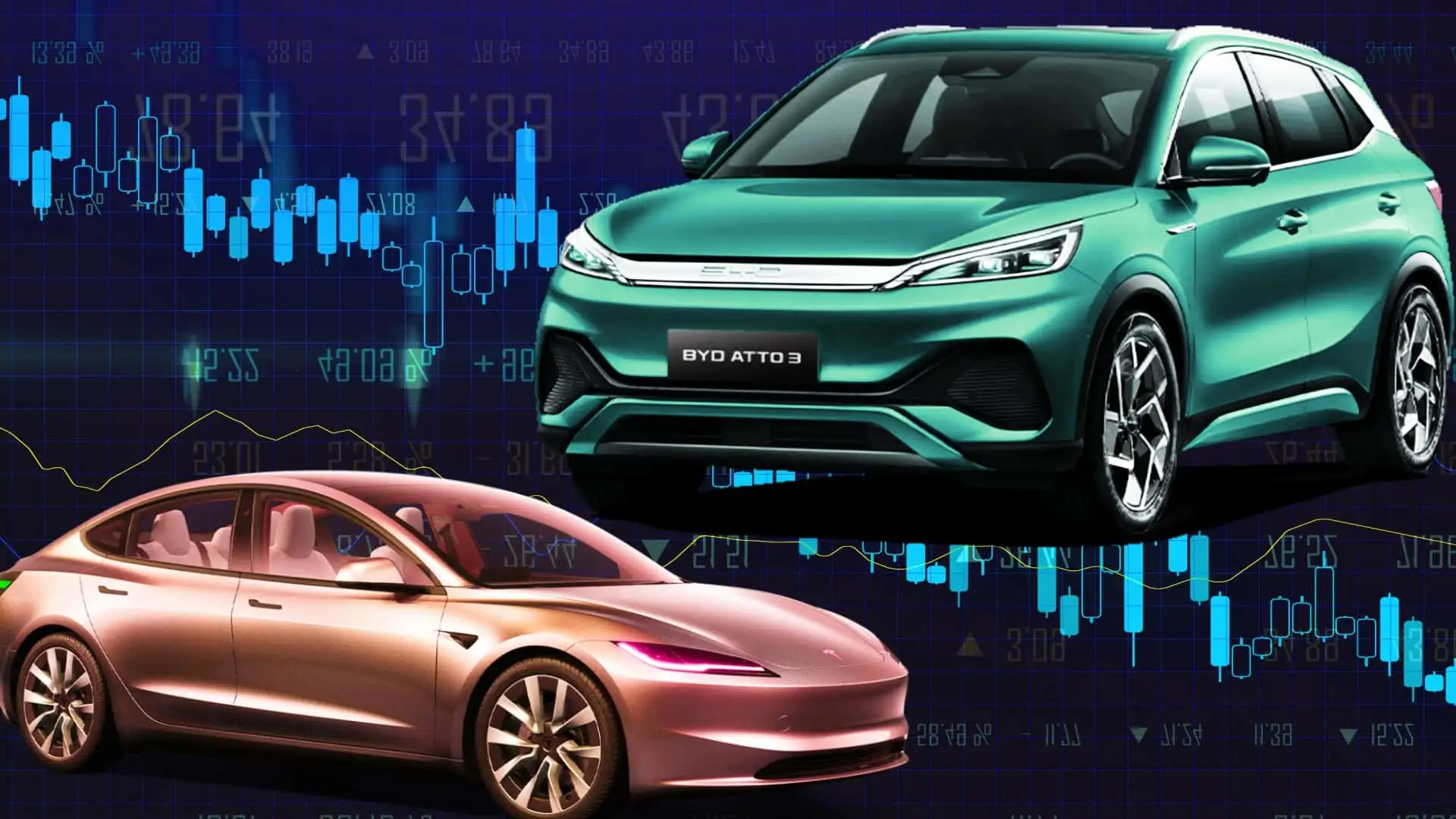Official Reports Suggest BYD Is About to Surpass Tesla as the World's Largest Electric Vehicle Seller
1 year ago

Tesla's sales have declined, bringing Chinese automaker BYD closer than ever to clinching the title of the world's largest electric vehicle (EV) seller. Buyers are increasingly turning to this Chinese company as its global sales push gains momentum.
The Chinese brand BYD is on the verge of overtaking Tesla as the world's largest seller of electric vehicles if things continue on their current trajectory, thanks in part to Tesla's declining sales in the last quarter of this year.
BYD sold 431,603 full-electric vehicles in the three months ending on September 30, marking a 23 percent increase from the second quarter. In contrast, Tesla shipped 435,059 cars globally during the same quarter, with a narrow gap of 3,456 units between the two, the closest margin yet.
Taylor Ogan, CEO of Snow Bull Capital, a hedge fund based in Shenzhen that owns shares in both companies, stated, "BYD will sell more fully electric passenger vehicles than Tesla in the fourth quarter."
Including hybrid vehicles, BYD, based in Shenzhen, achieved a total of 822,094 vehicle sales for another record-breaking quarter, further solidifying its position as China's best-selling car brand.
BYD, known for offering affordable cars to the masses, has made strides in broadening its appeal, contributing to its surging sales. The company introduced two luxury EV brands, Yangwang and Fang Cheng Bao, to enter the 1 million yuan ($137,000) price category, more than doubling the price of some of its earlier high-end vehicles. It also launched two budget-friendly models, the Seagull and Dolphin, to compete with rivals.
Growing exports are aiding the company, which manufactures its own batteries and semiconductor chips, as it seeks to capture a larger share of overseas sales to complement its dominance in China. Exports accounted for 9 percent of BYD's third-quarter sales, up from 5 percent in the previous quarter, according to Joanne Chen, a Bloomberg Intelligence analyst.
"This will be a key volume driver next year as BYD expands its global presence with more new EVs," she said.
Both BYD and Tesla, however, are under scrutiny from European authorities who have initiated an investigation into Chinese EV subsidies, alleging that they put European automakers at a disadvantage.
Tesla's deliveries fell short of estimates by approximately 20,000 units as the company prepared its factories for a refreshed Model 3 sedan and the yet-to-be-released Cybertruck. Nevertheless, Elon Musk's company affirmed its annual target to sell 1.8 million vehicles. BYD remains on track to sell around 3 million vehicles, including hybrids.
Tesla reintroduced its base Model Y crossover SUV with rear-wheel drive in the U.S. market at a lower price after it failed to meet Wall Street delivery expectations. Additionally, Tesla made some adjustments to its Model Y in China, although it left the price unchanged.
HOMEPAGE.RELATED_ARTICLES
COMMON.SEE_ALL
